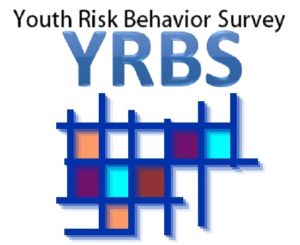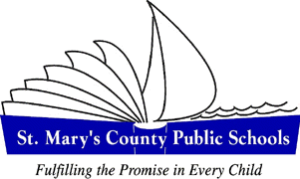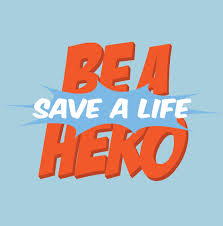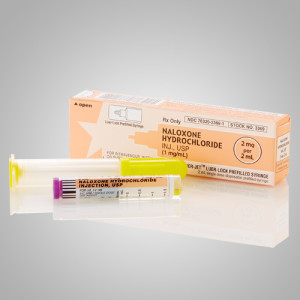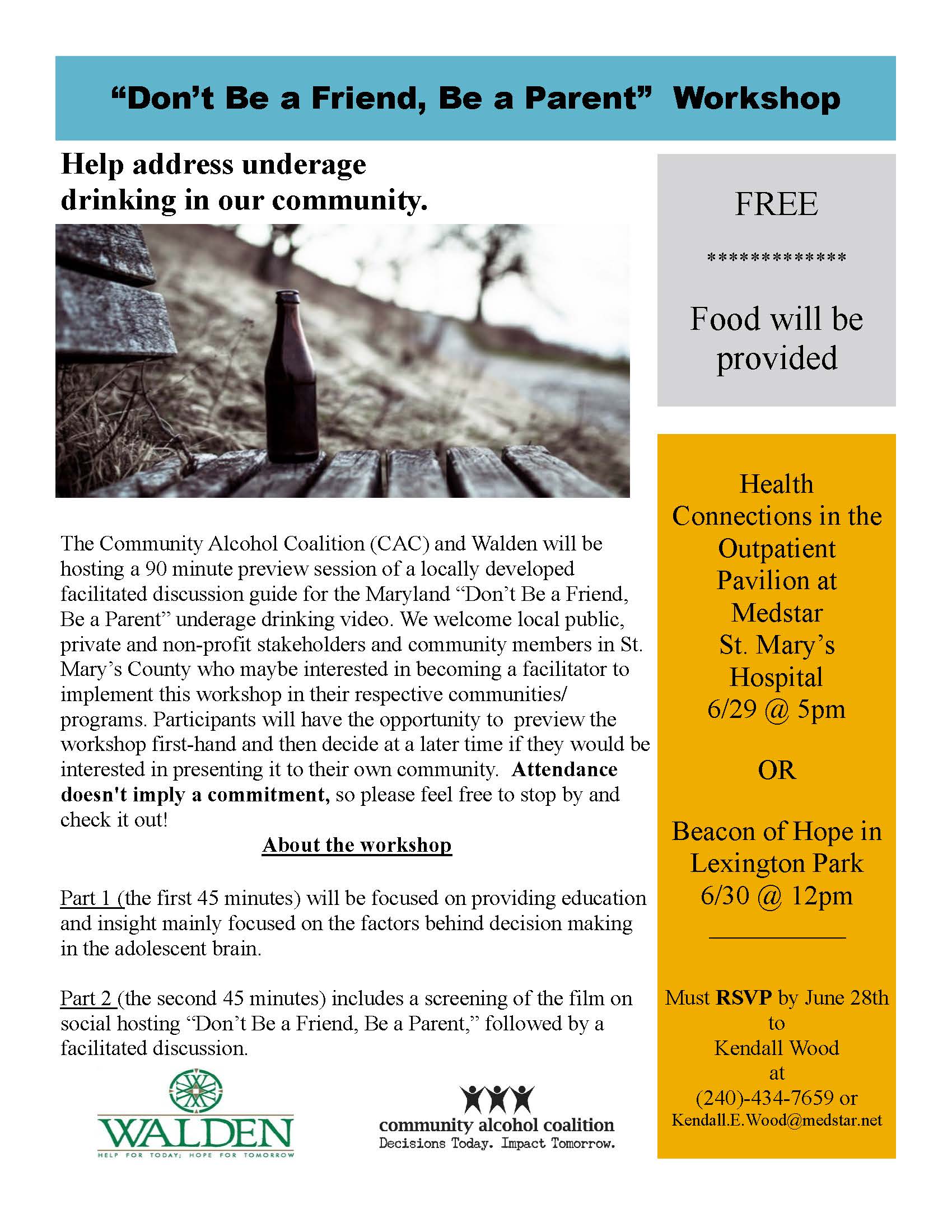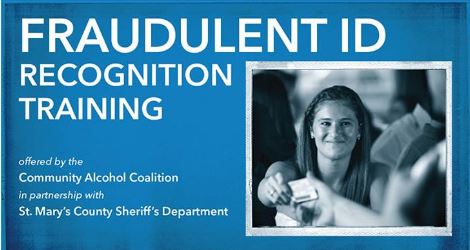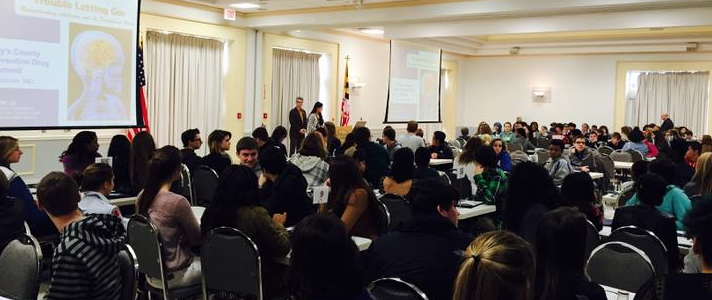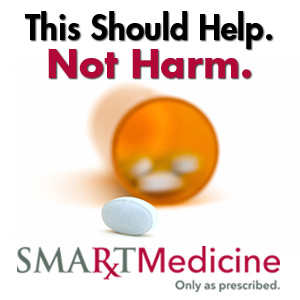BHAT Suicide Prevention Campaign: 2017 Accomplishments
Author: Allyson Myers, Student, St. Mary’s County Public Schools
August 8, 2017
This summer the St. Mary’s County Health Department selected a group of high school interns to work on specific, present-day community issues in order to increase and promote the health and well-being of individuals living in St. Mary’s County. Since my start date of June 26, 2017, I have been working specifically on a Behavioral Health Action Team (BHAT) Suicide Prevention Campaign, and I have found that this campaign has been able to touch multiple groups of individuals in our county. I have been working closely with Greg Reuss, a member of the Maryland Board of Directors for the American Foundation for Suicide Prevention (AFSP), and my mentor, Maryellen Kraese, who is the Prevention and Outreach Administrator at the St. Mary’s County Health Department. Together, we have worked to reach out to targeted groups of individuals who are affected by suicide, some of which you may be surprised to learn are your neighbors, friends and relatives.
Did you know that nearly 50% of all suicides in the United States are carried out by a firearm (AFSP), and 60.7% of deaths by firearm are suicides (2015 CDC data)? Keeping these staggering statistics in mind, some of the first groups we made contact with were the local gun ranges, retailers, and owners. Our main goal with the gun-owning community is to educate them on the signs of suicide and how to help a potential victim of suicide. This was done by distributing AFSP “Firearms and Suicide Prevention” pamphlets and conducting “Talk Saves Lives” presentations at local gun ranges. The pamphlets can also be passed out to customers at the gun shops after a purchase is made, or can be displayed on the counter for people to freely read. The “Talk Saves Lives” presentation is a 30 to 45-minute presentation on the statistics, research, prevention and support factors pertaining to suicide, and was actually presented on July 16th at Sanners Lake Sportsman’s Club in Great Mills. This presentation is not only available to the gun-owning community, but can also be conducted to general audiences by a trained AFSP volunteer. For example, on July 26th the “Talk Saves Lives” presentation was given at the Valley Lee Fire Department, a local Fire and EMS station in the southern part of the county, and has been offered to other EMS locations throughout St. Mary’s County.
The Fleet and Family Support Center located at Patuxent Naval Air Station has also been a huge supporter for the Campaign. On August 16, 2017 from 6-8 PM there will be a free “Talk Saves Lives” event and panel discussion for all active duty and military family members 15 years and older at the Chapel Annex (building 401). The panel discussion will have representatives from the Fleet and Family Support Center, the Base Chapel, St. Mary’s County Health Department, St. Mary’s County Public Schools, College of Southern Maryland, and St. Mary’s Hospice. This is a huge step in promoting the health of military family members, as the event is geared towards military parents, college students, and high-school juniors and seniors. Student mental health awareness, suicide warning signs, risk factors and prevention strategies are all topics that will be discussed throughout the evening, and audience participation will definitely be encouraged.
Another awesome resource that I have been researching is the national Crisis Text Line. It is a private, user friendly, accessible support system available to anyone, including the 65 million Americans currently suffering from mental illness annually (Crisis Text Line data). Greg Reuss and I were able to connect with the organization, and are excited at the prospect of forming a Keyword Partnership between the Crisis Text Line and our local campaign. With this partnership, our campaign would seek out volunteers who would be required to complete an application and formal training to become crisis counselors who would represent our county. As an established county in the network, the Crisis Text Line will then assign us a unique keyword that we could promote in our community for people in need to text to the Crisis Text Line 741741 number. In return we would have access to anonymous data from the Crisis Text Line on 1) the reasons why individuals who used our assigned keyword were texting; 2) conversations by hour of the day; 3) conversations by day of the week; and 4) the general location and number of people texting from those locations. This data is important so that we know exactly where to target our help, and the problems that we need to address in these specific locations.
Engaging the next generation has also been a huge part of this campaign. Rhonda Harris, Supervisor of School Counseling for St. Mary’s County Public Schools, is very interested in making the 2016 AFSP video “It’s Real” available for public school students. The six college students featured in the video are able to connect with their viewers by talking about how they struggled with their mental health, found treatment resources, and ultimately realized just how important their mental health and well-being really is. One student in particular, Bailynne, went through a very rough transition from high school to college, and started feeling that it would be so much easier if she just could fall asleep and not wake up. After transferring schools to be with her twin sister, she was able to get past these thoughts of suicide and put herself first.
The BHAT Suicide Prevention Campaign also involves working to help college-aged students in our county. On September 28, 2017 there will be an LGBTQ Youth Suicide Risk and Prevention Panel Discussion located at St. Mary’s College of Maryland from 6-8 PM. Key-note speakers will be present, including Amy Loudermilk, Associate Director of Government Affairs for the Trevor Project (the Trevor Project is the leading national organization providing crisis intervention and suicide prevention services to lesbian, gay, bisexual, transgender, and questioning youth), and Sean Lare of Sean Lare Counseling & Consulting. Additionally, AFSP has an Interactive Screening Program (ISP) that is in the process of being implemented at all three campuses of College of Southern Maryland. ISP is an online, confidential tool that will offer CSM students a confidential stress and depression questionnaire with a personalized response from a counselor, and exchange messages using the ISP website’s dialogue feature. Counselors answer questions, encourage in-person appointments, offer information about available services, and provide referrals as needed. (AFSP Program Priorities FY 2017) With very few CSM counselors available to meet with students in person, this resource will definitely allow more students to gain access to the mental health services that they may need.
AFSP has also been able to support the local Hospice of St. Mary’s, Walden Sierra, Inc. (a primary behavioral health provider in St. Mary’s County), and the St. Mary’s Sheriff’s Office by providing informational brochures that can be distributed to grieving and recovering patients, and to community members at the Sheriff’s Office who return to retrieve their firearms after an incident.
There are also many upcoming opportunities in the community regarding suicide prevention awareness and education, specifically including a free AFSP-hosted safeTALK training that will be held at the St. Mary’s County Health Department on Saturday, December 2, 2017. SafeTALK is a half-day training available to anyone over 15 years of age to learn how to identify individuals who are having thoughts of suicide, and how to personally engage and connect those individuals to community resources for further help.
Even though I am serving as a student intern this summer, I am also a Girl Scout in Troop 4949, and I am very interested in working to reach out to this particular group as well. For my Girl Scout Gold Award, I would like to create a presentation based on the AFSP “It’s Real” video to be presented to local Girl Scout Troops in St. Mary’s County. I currently have to submit the proposal and get it approved by the Girl Scout Council in Washington DC, but I have great faith that the completion of this project will be approved.
It is amazing to see how so many people are being educated on how to better respond to suicide in their everyday lives, and encouraging to know that this campaign is part of an ongoing effort to both increase public awareness about suicide prevention methods, and ultimately work towards decreasing suicide rates right here in our county and the place that I call home.


